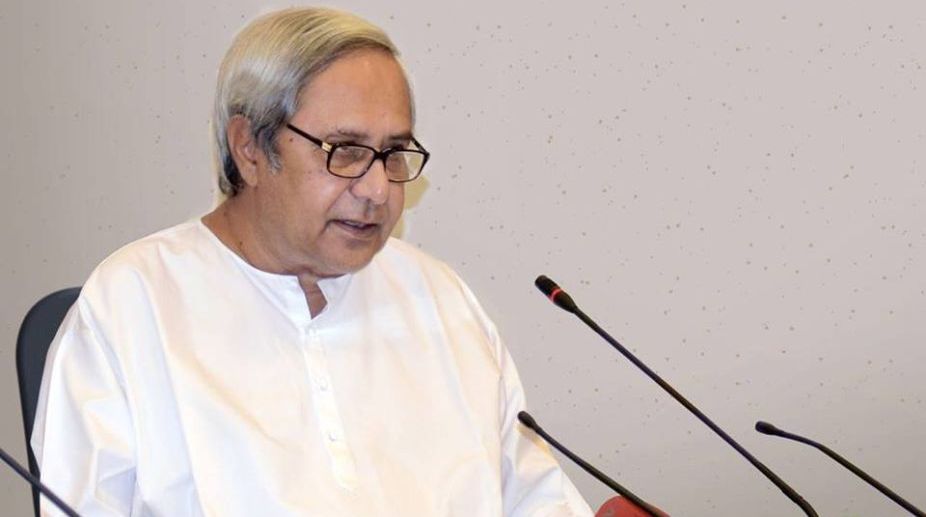Between the setback in the panchayat elections in February-March this year and prospects in the next Assembly polls in 2019, not to ignore the attempted resurgence of the BJP, the Odisha Chief Minister, who has been in office for the past 17 years, can be said to have initiated an earnest effort to gear up for the next battle at the hustings.
If the recent presentation at the Bhubaneswar conference of Secretaries is any indication, Naveen Patnaik seems riveted to rural development in a predominantly rural state despite the impressive record in terms of investment. Rural uplift in the permanently poverty-stricken areas may be the common strand between Patnaik and Mamata Banerjee; the saffronites are acutely aware that the two are helming two formidable parties in their respective states. But whereas the West Bengal CM went off the handle at a recent conference in Jungle mahal, it must be conceded that her counterpart has been more constructive in his suggestions.
Advertisement
Patnaik has directed departmental secretaries to be focused on what he calls “service delivery and implementation of schemes”, asking senior bureaucrats to visit the districts for four days during the first week of every month and monitor the implementation. He has abjured homilies and has fixed the time-frame. “People are at the centre of our governance,” he said.
“Collectors are at the cutting edge of delivery of public services.” Of course, two Chief Ministers can have two different styles of operation, but there is little doubt that the Odisha CM has abided by the certitudes of public administration, underlining the paradigm of the three Ts ~ “technology, teamwork, and transparency”.
He doesn’t envisage periodic inspection tours, but has called for regular reports from Secretaries and Collectors. The fine print is fairly obvious ~ Odisha exists beyond the confines of glitzy Bhubaneswar and senior officials will have to step out of the state capital and be in touch with the people who have voted the Biju Janata Dal to power for as long as they have. Not wholly unrelated to Mr Patnaik’s prescription is the welter of projects unveiled, notably a science park in each of the 30 districts, water filters in the 300 fluoride-affected villages of Nuapada district, and chemotherapy facilities in districts with a high rate of cancer.
Most importantly, the Corpus Fund for health, earmarked for the KBK districts of Koraput, Bolangir and Kalahandi, will be extended to all tribal districts. The idea obviously is to check tribal, even Maoist, disaffection. Patnaik is anxious to strengthen his fort, and thus preclude the need to forge pre-poll alliances. And he seems determined to do so by exhorting his officials, not terrorising them.











